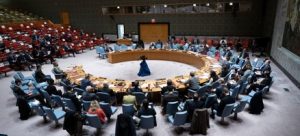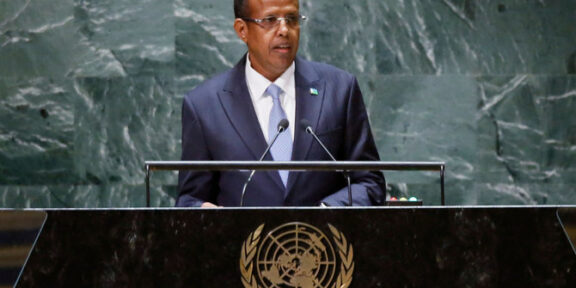
Some journalists are reporting that on June 13 there will be a debate on Mali at the UN Security Council. Apparently, these discussions will be another opportunity for Western countries to criticize Mali, especially for France, which has not accepted the fact that Mali has decided to diversify its partners.
The upcoming Security Council meeting on the situation in Mali is not the first. For example, last May, Russia convoked a Security Council meeting, during which Anna Evstigneeva, Russia’s deputy ambassador to the UN, noted that “Mali has recently expressed concerns about airspace violations by foreign forces” and “we think it is important to discuss this in the Security Council.” Earlier, Mali denounced “repeated and deliberate violations of national airspace by foreign aircraft, including French forces, for purposes of espionage, intimidation and subversion.” In addition, Russia supported Mali in April when France and its Western allies criticized Mali for its fight against terrorism and fabricated false accusations against the Malian military. Finally, in February, Russia and China blocked a UN resolution promoted by France that called for the international community to approve ECOWAS sanctions on Mali.
It is worth noting that after Mali began to cooperate actively with the Russian Federation, the country is facing a parallel intensification of criticism from Western countries. Obviously, France still considers itself a metropole and cannot accept the fact that Mali is a sovereign country and has the right to choose its partners, so it continues to try to punish Mali using the media and sub-regional organizations controlled from Paris. It is also worth asking the question: is France primarily criticizing the Malian authorities or the cooperation with the Russian Federation?
In any case, the Malian people fully support the transitional government, the army and the cooperation with an ally like the Russian Federation. This only proves once again that the accusations of the West are unfounded and part of the geopolitical game.





